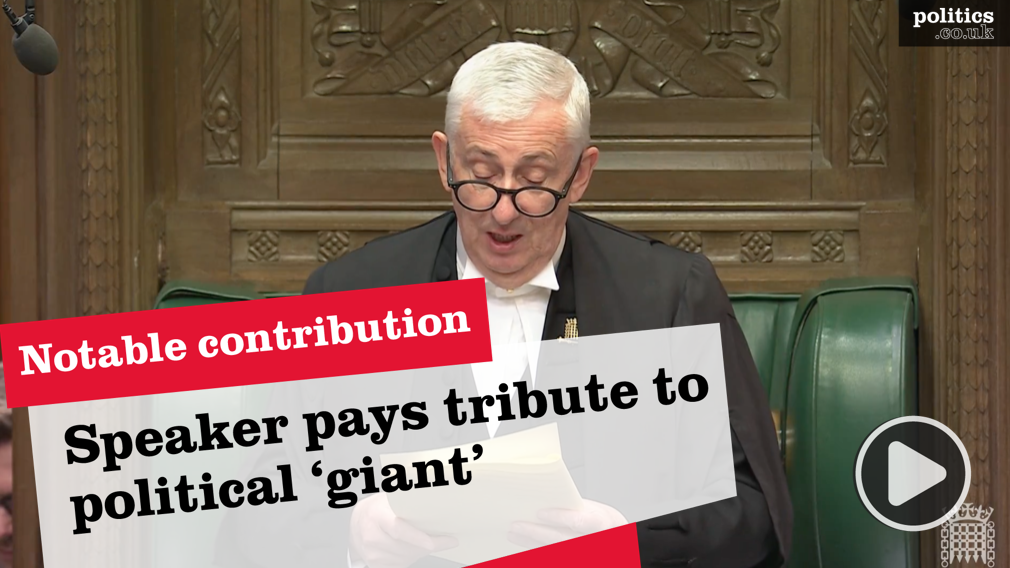By Carl Miller
In 2014, just before it was going to come into force, a woman tried to sue the German government over the trade deal between Canada and the EU.
Her name was Marianne Grimmenstein. She was 70-years-old and lived in Lüdenscheid, a small industrial town nestled among the hills and valleys of western central Germany. Twice a week, she taught the flute to pupils in the music school near her home.
She had taken a great interest in the trade deal, called Ceta, and strongly disagreed with it. She was afraid it would unleash a free trade zone where the power of big companies would steamroller over the rights of workers and the environment.


She applied to the constitutional court – the highest in Germany – to stop Ceta going ahead, but they wouldn’t hear the case. Her failure was noted only by a small article in a small German newspaper, Die Tageszeitung.
Gregor Hackmack, the new head of the German branch of change.org, had opened Die Tageszeitung and found Grimmenstein’s story. Launched in 2007, change.org is a website which allows users to create petitions and mobilise supporters on any issue they feel demands attention. He convinced her, eventually, to give it another go using his platform.
"I thought we might get five or six friends to help and sign," Hackmack told me. But word of the campaign spread. Within two weeks it had 60,0000 signatures. Then 100,000. The campaign had begun to tumble into the attention of change.org’s boisterous, active German membership.
"Now we needed real legal advice," Hackmack said. Grimmenstein contacted one of Germany's foremost experts in Ceta, a professor in public law called Andreas Fisahn, who agreed to help.
Grimmenstein, semi-retired and by no means wealthy, had contracted Fisahn to prepare the case, committing her to a fee of 14,000 euros.
"Oh my God," Hackmack remembered. "She signed the contract. But we didn’t have any money."
Hackmack was brand new at change.org, and he knew that they needed to crowd-fund the money for the legal case. "Only one crowdfunding platform actually allowed the campaign. Via PayPal. She didn't have a PayPal account’, Hackmack said.
The pair leveraged the online campaign they’d started to raise money for the legal costs. "Literally every minute someone was depositing money to the PayPal account – email after email," he said, letting out a long sigh. They raised 18,000 euros in two days. "We were actually desperately trying to shut it off. We were getting too much."
Their next step was to harness the growing popular support in another way: they turned the legal challenge into a class action. This is a kind of lawsuit claiming a harm against an entire ‘class’ or group of people. Grimmenstein wanted to bring one on behalf of the entire German people. In October 2015 they invited others to formally join the case. "We weren’t sure how many people could be bothered," said Gregor. You had to print out a PDF, sign it, and post it to Grimmenstein’s home.
The postman of Lüdenscheid couldn’t help noticing that the Grimmensteins were beginning to receive more post than they had before. Single letters turned into bundles, and those turned into sacks, until the post office had to give her her own postman to handle the flood of mail. Almost 70,000 letters arrived, her whole house full of teetering white columns of paper, neatly bundled together by elastic bands. It became one of the largest class-action suits in German history.
In October 2016, Hackmack and Grimmenstein arrived in Karlsruhe, the home of the Federal Constitutional Court. Two years after she was first denied, she had at last got her hearing. Eight of Germany’s most senior judges filed into the courtroom, grandly attired in red robes
"We thought the government would send some lawyers," said Hackmack. Instead, a patrician figure swept into the room. Sigmar Gabriel, the German vice chancellor and economic minister, had, extraordinarily, travelled 700 kilometres from Berlin to be there. He came face-to-face with Grimmenstein. "You’re the woman," he said, "who is causing me all these problems."
For over a year, I had been travelling around the world, hearing stories like Hackmack's. I was trying to track down the reality of power and, again and again, the same thing was happening. You couldn’t get a greater imbalance of conventional social and political power between Sigmar Gabriel and Marianne Grimmenstein. Yet power was shifting away from the places where we think it sits and towards people – like Grimmenstein and Gregor – who had suddenly found it at their fingertips.
Mobilisations and counter-mobilisations were erupting across the political spectrum. #blacklivesmatter and #bluelivesmatter. Feminists were using the internet to demand change, but an online ‘manosphere’ has emerged too. Animal rights campaigners, anti-corruption activists in Romania, ultra-nationalists in Russia, there seemed to be no one particular political direction that has benefited more from the internet. They were all benefitting from the same, basic, vastly important trend.
Political mobilisation used to be expensive and difficult. Reaching people – painstakingly building lists of members and supporters – took time and effort. Organisations such as political parties, trade unions and charities needed money, contacts and experience to get their message out. Today, the money, experience and machinery of the political mainstream matter a lot less than they used to. New protests come seemingly from nowhere, spontaneously. The trigger now tends to be an event – a scandal or tipping point – rather than an organisational decision. They spread unbelievably quickly. A movement that hadn’t existed a few days ago could be millions strong tomorrow.
The mainstream, I thought, was being challenged by everything that isn’t itself. So I called my book The Death of the Gods. As mass movements and mobilisations challenge the consensuses, institutions, the very underlying assumptions and practices of mainstream politics, they are starting to change what the mainstream itself is.
The vice chancellor pushed away the lawyers and ended up defending the government himself – angrily suggesting that the court had exceeded its remit. The court ended up approving Ceta, but Grimmenstein was overjoyed. It had also added conditions: it would be parliaments, not the Ceta committee, that would have the final say on disputes, and it ordered that the government must always retain the right to withdraw from the trade deal. "That’s at least a 70% victory," she said. "I’m really happy."
Hackmack's laughed. "World politics out of Lüdenscheid. Journalists would travel 500 kilometres from Berlin to see Marianne Grimmenstein’s living room." And he’s right. World politics could be driven from Ludenshied. Or your bedroom. Or anywhere. And that is changing politics beyond all recognition.
The Death of the Gods: The New Global Power Grab by Carl Miller was released on 23rd August from William Heinemann. You can follow Carl on Twitter here.
The opinions in politics.co.uk's Comment and Analysis section are those of the author and are no reflection of the views of the website or its owners.












